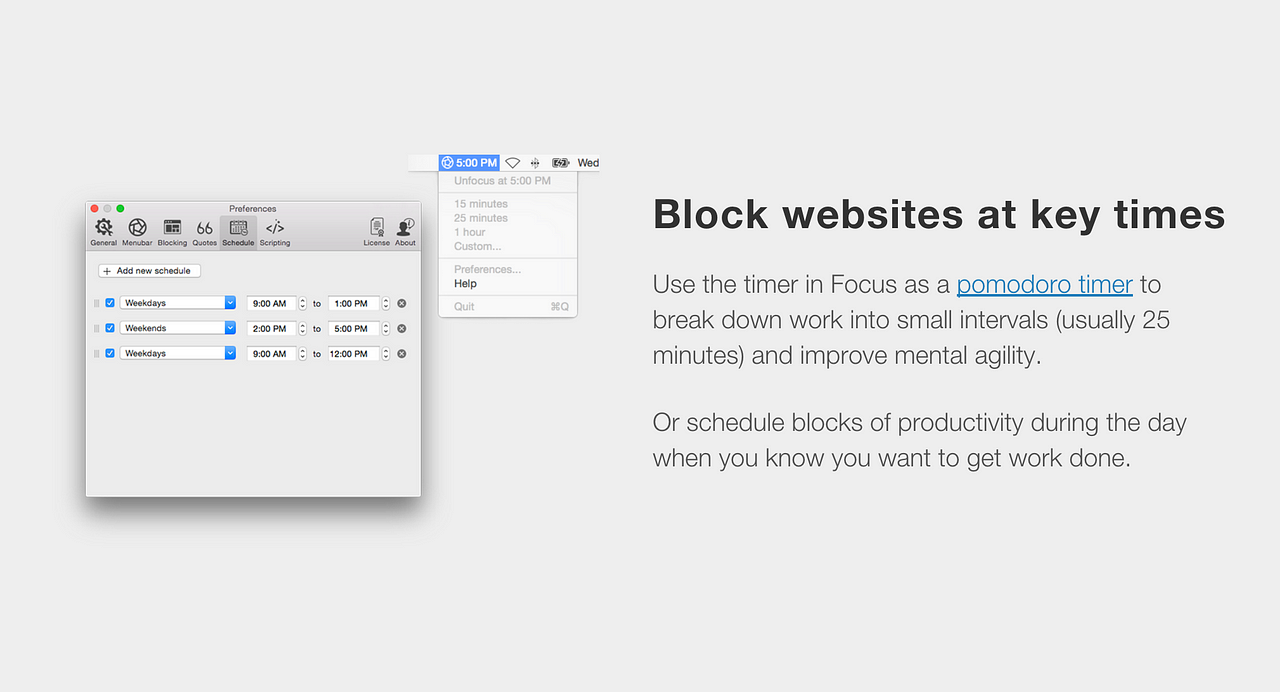


IE is what a tool transmit’s to the user’s mind and culture. Intellectual ethic usually ignored by users, they are only interested in practical benefits. IT most intimate, become an extension of us and change our brain.Įmbody “intellectual ethic”, a set of assumption about how the mind works. Personal time-keeping, clocks and watches, became both “prod and key to personal achievement and productivity” - David Landes Tools of the MindĮxtends physical capabilities (e.g. “The intellectual process of transforming experience in space to abstraction of space is a revolution in modes of thinking.” Neurons don’t care about quality of thought, all they want is to be activated. Jeffrey Schwartz about neural circuits: “survival of the busiest” Pascal-Leone study: Imagining piano study is almost as effective as actually doing it (p.33)īad news: Plasticity creates feedback loops, locking behaviors into habitsĪnd bad habits are just as easy to ingrain as good habits. “When usual input disappears, they start responding to the next best thing”Įarly evidence for neuroplasticity from patients with brain injuries.Īlvaro Pascual-Leone: Neuroplasticity is one of the most important products of evolution Rationalists: Born with built-in mental templates nature, not nurture Hebb’s rule: “Cells that fire together wire together.”Įric Kandel's Nobel prize winning work shows “synapses can undergo large and enduring changes in strength after only a relatively small amount of training" (p.28)Įmpiricists: “tabula rasa”, everything is learned through experience “The brain has the ability to reprogram itself on the fly, altering the way it functions.” “Every action leaves some permanent print upon the nervous tissue”Įach location on body maps to a corresponding part in the cerebral cortex (wrinkled outer layer of the brain) But found that even adult brain is plastic. Old misconception: Adult brain is static. “Thoughts, memories, emotions - all emerge from electrochemical interactions of neurons, mediated by synapses” When triggered, a pulse travels down axon and releases neurotransmitters. Neuron: central core (soma) and connections (axons and dendrites) “Our writing equipment takes part in the forming of our thoughts” Many of his habits and routines changed and developed strong dependency on the internet.
#FOCUS UNDISTRACTED PRODUCTS FREE#
“Flood of free content turned into a tidal wave.”Ĭarr started doubting his “info-paradise”. Online you get something as a writer you don’t get in print: Direct feedback from your readers. Felt lost without delete key or copy/paste. We’re not going anywhere.”Ĭarr’s writing/editing routine changed with advent of computer/internet. “Calm, focused, undistracted, the linear mind is being pushed aside by a new kind of mind that wants and needs to take in and dole out information in short, disjointed, often overlapping bursts - the faster, the better.”Ībout being in a library: Never feeling the same kind of anxiety that’s so symptomatic for information overload: “Take your time, the books whispered to me in their dusty voices. Pathologist Bruce Friedman: “I now have almost totally lost the ability to read and absorb a longish article on the web or in print”, his mind having taken on a “staccato” quality. Brains now expect information “in the way the net distributes it: in a swiftly moving stream of particles”. Used to be able to read effortlessly for a whole day, now out attention starts to drift after a page, or even a paragraph, looking for something else to do.įact that we have all knowledge just a click away is great, but comes at a huge price. “Our conventional response to all media, namely that it is how they are used that counts, is the numb stance of the technological idiot.” Hal and Me “Media work their magic, or their mischief, on the nervous system itself.” patterns of perception steadily and without any resistance.” “The effects of technology do not occur at the level of opinions or concepts.


 0 kommentar(er)
0 kommentar(er)
